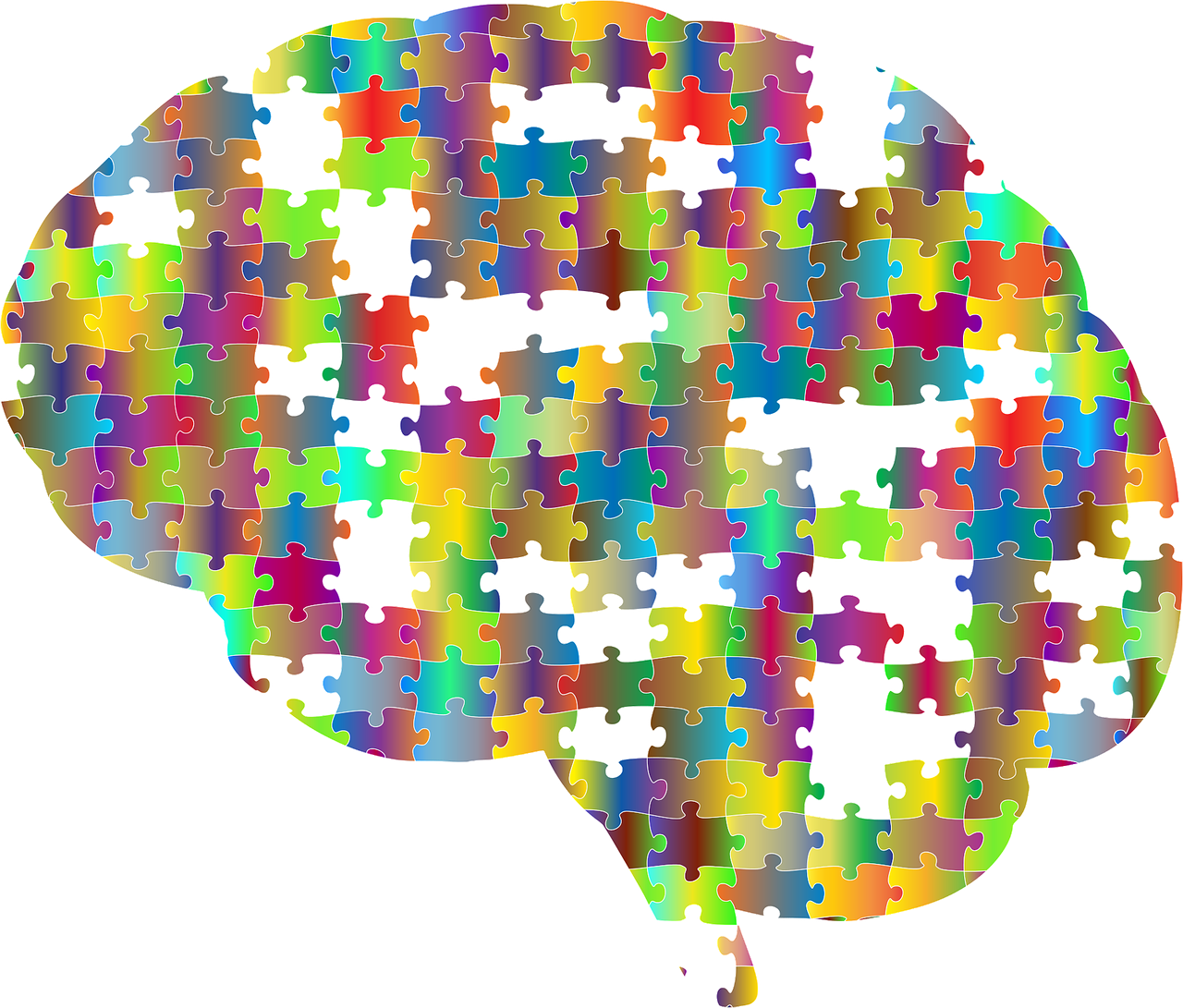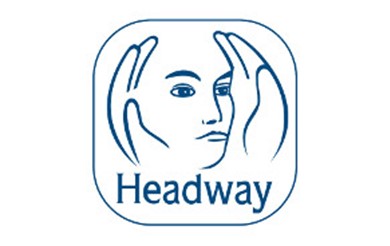When a person goes into cardiac arrest, oxygenated blood will slow or stop being fed to the brain. It is thought that a mere 2-3 minutes in this state is enough time for a brain injury to occur. Immediate and effective CPR can help to keep some blood circulating and give the patient the best chance of not only surviving but also surviving with as little impairment as possible.
When the brain is fully deprived of oxygen it is called anoxia and when only partially deprived it is hypoxia. When considering an SCA, the terms are often used interchangeably. The damage done to the brain this way is categorised as an “acquired brain injury” (ABI) – as opposed to having a brain injury from birth.
A good percentage of sudden cardiac arrest survivors will have experienced enough downtime to have some degree of ABI but quite often they leave the hospital without any diagnosis or care plan for it.
Symptoms
Common sequelae of an acquired brain injury include:
- Fatigue – physical and cognitive e.g. too tired to walk or do things, or gets tired when having to think about things or struggling with communicating
- Both short- and long- term memory issues
- Temporary or prolonged headaches
- Focus/Concentration issues e.g. no longer able to read a book
- Brain fog i.e. not being able to think clearly, feeling confused or dazed
- Sensory sensitivity e.g. light/sound
- Speech/Language issues (aphasia) e.g. missing words, losing one’s train of thought
- Emotional mood swings
- Personality changes
- Oversensitive reflex action e.g. you are easy to startle and overreact
- Overstimulation – the feeling of being flooded with too much information
- Random twitching/jerking of areas of the body (myoclonus)
Many of these symptoms may be subtle and will almost go unnoticed to the untrained eye but the survivor will notice them or, at least, feel different.
Whilst not all survivors will experience all the symptoms, one common deficit is the lack of any memory around the time of the event. Survivors often lose days or weeks around it and have no recollection of how the event happened or even of any time spent in the hospital. In some cases, that missing time can extend to much longer periods and cause severe distress.
If you are experiencing fatigue and struggle to manage , you would do well to follow these tips from Headway or read their helpful free book.
If you are a sudden cardiac arrest survivor and you are experiencing any of these symptoms in a debilitating way then you should visit your GP and they may be able to refer you to a specialist.
Recovery
It’s worth noting that many of the symptoms experienced may only be temporary whilst the brain recovers from the trauma of a sudden cardiac arrest. The fastest improvement usually happens during the first six months after injury. During this time, the survivor will likely show many improvements and may seem to be steadily getting better. The symptoms may continue to improve between six months and two years after injury, but this varies for different people and may not happen as fast as in the first six months. Improvements slow down substantially after two years, but may still occur many years after injury. Most people continue to have some problems although they may not be as bad as they were early after their SCA and the rate of improvement varies from person to person.
The brain is a very complex and delicate organ and, largely, it will recover at its own rate. Whilst still in fairly early stages, the science about how to help improve brain healing or improve symptoms such as memory issues is proving beneficial. There are a few things that you can do that have had some promising results (although the jury is still out on whether they are scientifically proven).
Exercise
Physical exercise is not only good for your heart and body, but also your brain. The benefits of physical exercise, especially aerobic exercise, have positive effects on brain function on multiple fronts, ranging from the molecular to behavioural level. According to studies ,even briefly exercising for 20 minutes facilitates information processing and memory functions.
Diet
There’s plenty of information out there about how certain foods can help improve your brain even if you haven’t had a brain injury. It’s worthwhile finding out what these foods are and ensuring that your diet includes some of them as it is a very easy way of helping yourself. Foods commonly cited are oily fish, blue/purple skinned veg/fruits, nuts, wholegrains and dark chocolate.
Brain Training
The jury is out on whether playing brain training games does anything more than just make you good at the games, but for a lot of people who might just play games anyway why not spend time doing something that might help. We have collated a list of many of the options out there for you.
New Skills
New research is showing that a good way of stimulating and improving your brain is to learn a new skill or hobby, this could be anything from learning a musical instrument to doing something in art or even learning a new language.
Hyperbaric Oxygen Treatment (HBOT) – Is said to enhance the body’s natural healing process by inhalation of 100% oxygen in a total body chamber, where atmospheric pressure is increased and controlled.
Help
In the UK there are many organisations who help and support people with an acquired brain injury, the main one being Headway – the brain injury association.

Synapse the Australian brain injury organisation has lots of good resources…
Other organisations and useful links are as follows:
[link-library settings=”1″ categorylistoverride=”118″]


